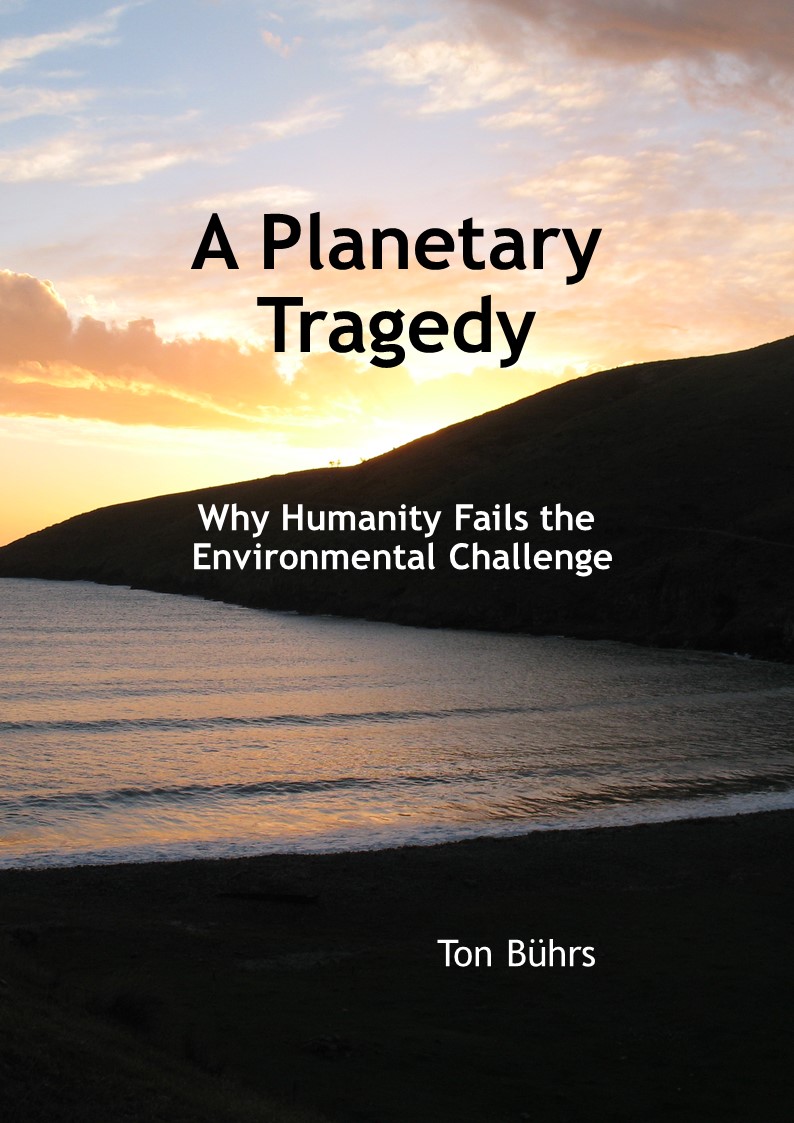

Most ebook files are in PDF format, so you can easily read them using various software such as Foxit Reader or directly on the Google Chrome browser.
Some ebook files are released by publishers in other formats such as .awz, .mobi, .epub, .fb2, etc. You may need to install specific software to read these formats on mobile/PC, such as Calibre.
Please read the tutorial at this link: https://ebookbell.com/faq
We offer FREE conversion to the popular formats you request; however, this may take some time. Therefore, right after payment, please email us, and we will try to provide the service as quickly as possible.
For some exceptional file formats or broken links (if any), please refrain from opening any disputes. Instead, email us first, and we will try to assist within a maximum of 6 hours.
EbookBell Team

4.3
78 reviewsA Planetary Tragedy addresses the question of why, some 50 years after ‘the environment’ became a topic of
public concern, efforts to address environmental problems have by and large failed and the world appears to be headed for a disastrous future. Although over these years, governments have adopted a raft of national and international measures to combat environmental issues, most of these have proven to be inadequate and the rate of environmental degradation has continued unabated.
The book critically surveys and analyses the environmental performance of countries, in particular some that
have been regarded as ‘environmental leaders’, and identifies and discusses three broad reasons for this failure. First, the way environmental problems have been predominantly interpreted, which largely ignores the deep and interconnected nature of the environmental challenge; second, the failure to recognise, let alone address, the systemic sources and causes of environmental problems; third, the power structures in the prevailing political-economic systems, which make it virtually impossible to fundamentally change those systems and to put
societies onto a path towards sustainability.
Covering an extensive literature, the book draws on research, theories, findings, and ideas from the
fields of environmental politics and policy, including comparative, international, and global analyses and perspectives, environmental sociology and history, economics and the environment, political and social theory, and environmental management. It puts forward a framework that can assist in taking a comprehensive and integrated approach to the environmental challenge, discusses the strengths and weaknesses of a range of theoretical perspectives, clarifies key concepts and factors central to better understanding the systemic issues and obstacles lying at the heart of the environmental challenge, and puts forward ideas on how to strategically address the enormous imbalance of power that stands in the way of transformative change. The main suggestion is the creation of national-level Sovereign People’s Authorities based on the principle of popular sovereignty that will enable societies to democratically steer themselves towards a sustainable and desirable future.
The book is essential reading for students and academics in the areas of environmental politics and policy,
including comparative, international and global environmental politics, and all those who wish to gain a deeper understanding of why societies have been unable to address the environmental challenge more effectively. While not offering a basis for facile optimism, it puts the finger on what will be needed to prevent the world from sliding further towards the abyss.